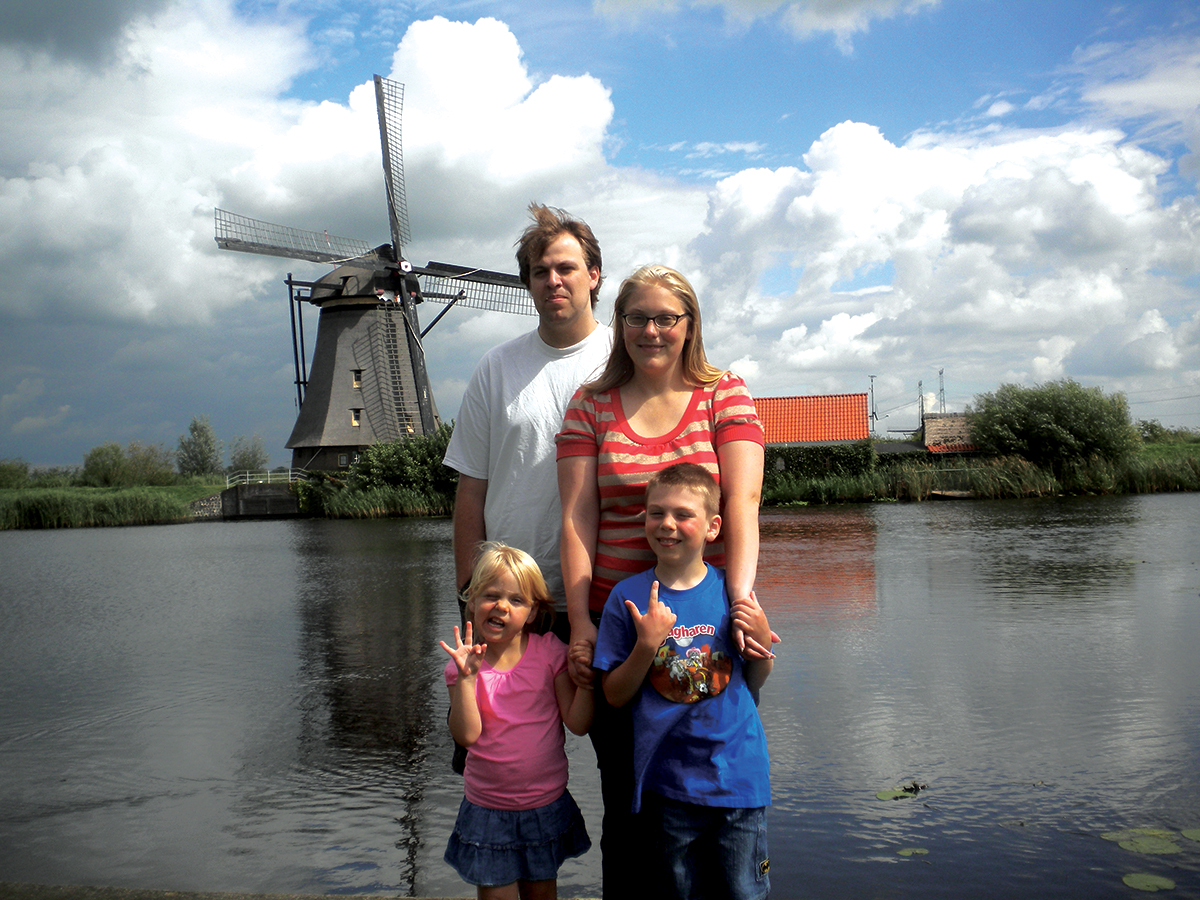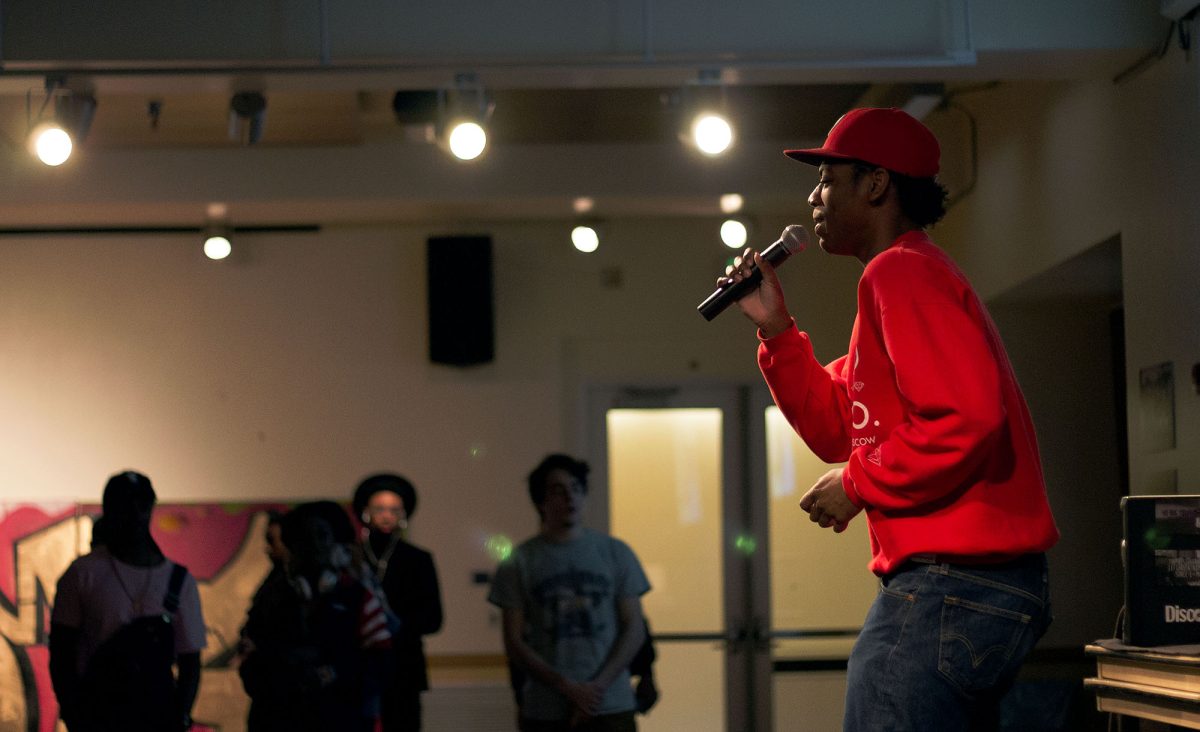Story and Photos by Sanne Godfrey
My parents, siblings, and grandparents had all gathered at the international flights terminal in the Amsterdam Airport Schiphol, the largest international airport in the Netherlands, to say goodbye before I left to study abroad in the US. Hours later, I arrived in Boise, Idaho, on a warm day in late August 2003. Although I had only left for a one-year student exchange program, it wasn’t until the summer of 2011 that I would see my family again—and by then, much had changed in my life.
My first year in America I fell in love and after that my life changed quickly. At 18 years old, I was married and had a son. My family grew even larger two years later when my daughter arrived.
Looking back at that first year, I was a quiet, observant, and somewhat naïve 16 year old. I sat in the front row of my classes, raised my hand before I spoke, and didn’t argue with teachers or students—even when I didn’t agree with them. As a teenager living the Netherlands, I had idolized American television characters from shows like Boy Meets World and Saved by the Bell and hoped one day I could live in a country where everyone lived in a big house with a pool. I fantasized about meeting my best friends in high school, going out to restaurants, and driving wherever I wanted. Having watched those television shows, I came to America believing my life would be perfect, and although I was starting a family, I still felt as though I didn’t quite fit in.
When I was 24 and a junior at the University of Oregon I learned about an opportunity to study abroad at the University of Amsterdam in the Netherlands and decided it might be a good way to learn about the culture I had once been so desperate to leave. My husband and children took the eight-week trip with me, and after a three-week social policy course at the university, we spent time getting to know my family in the Netherlands they had only known through postcards.
While completing the program, I was introduced to the Dutch philosophy of gedoogbeleid, which means tolerating people who do things you don’t agree with as long as it doesn’t affect you. Although I had never known a name for the lessons my parents taught me as a child in the Netherlands, the philosophy resonated with their approach to educating me about drug abuse. I was never told not to do drugs; instead, I learned about the effects of drugs and read books about drug addicts. I was raised to respect other’s choices—and through my parents’ approach I learned about the negative effects of drug use. Instead of making judgments and trying to convince others to share my point of view, from this I learned to try to find a sense of understanding.
The way I had been raised was Dutch, and because of this, I now felt like I didn’t belong in the American culture I had been a part of for years. I don’t have a clear yes or no opinion on drugs or prostitution. I know that I don’t partake, but I think people should be allowed to choose for themselves, which is very different from the American culture that I have grown to understand. Many students I’ve encountered in America view Dutch culture as casual and lacking control, although I experienced a society bound by laws much like the US. In the US, it seems expected to take one side or another of an argument, whether it is drug policy, prostitution, abortion, or gay marriage—you must be for it or against it if you’re American. I am not that way.
Although I found I still had values influenced by Dutch culture, my habits had changed and my visit to Netherlands also made it very clear that I was no longer Dutch. Unlike Dutch culture norms that embrace personal space, I made small talk with people in grocery stores. When I went to the movie theater in the Netherlands, I found the commercial break distracting, even though I used to appreciate the small pause to fill up on snacks. I had become too American. Now I didn’t really fit in anywhere.
So there I stood on my way “home” to Eugene, grasping my daughter’s hand with our passports clenched in the other. We’d just passed the first international flights terminal checkpoint and I once again hugged my family goodbye. As my daughter and I walked toward the next checkpoint I looked back, tears welling up in my eyes knowing time off would probably not come again soon. This would be the last time in a long time I would see them and the culture I’d grown to understand.
Categories:
Culture-crossed
January 7, 2013
Sanne Godfrey, her husband Mathew, and their children Joshua and Zoey visit Kinderdijk, Netherlands, to reconnect with the past.
0
Donate to Ethos
Your donation will support the student journalists of University of Oregon - Ethos. Your contribution will allow us to purchase equipment and cover our annual website hosting costs.
More to Discover














